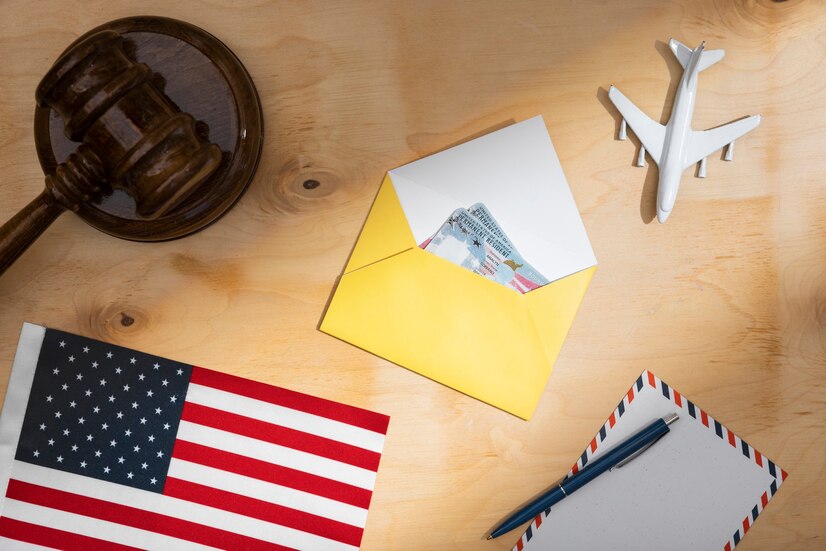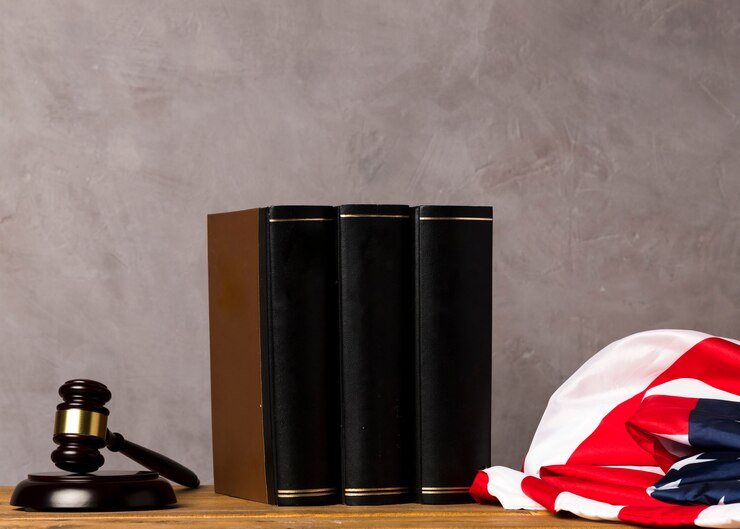Understanding Federal Regulations on CBD: What You Need to Know
Table of Contents
CBD, or cannabidiol, has seen a surge in popularity across the United States over the last few years. From oils and capsules to topical salves and gummies, cbd roll on for pain is now widely used for managing stress, pain, inflammation, and sleep. However, even with its widespread availability, confusion remains—particularly around federal regulations.
In this post, we’ll dive deep into understanding federal regulations on CBD, clearing up misconceptions and explaining how U.S. law affects the production, sale, and use of CBD products.
A Quick Overview of CBD

CBD is a naturally occurring compound found in cannabis plants. Unlike THC (tetrahydrocannabinol), CBD is non-psychoactive, meaning it doesn’t produce a “high.”
It can be derived from either hemp or marijuana, both of which are varieties of the cannabis plant. The distinction between these two sources is where federal regulations become especially important.
The 2018 Farm Bill: A Turning Point

The legal status of CBD shifted significantly with the 2018 Farm Bill. This legislation legalized the cultivation of industrial hemp—defined as cannabis containing less than 0.3% THC by dry weight.
Key takeaways from the Farm Bill:
- Hemp is no longer classified as a Schedule I substance under the Controlled Substances Act.
- Hemp-derived CBD is federally legal if it meets THC and manufacturing requirements.
- The FDA retains authority to regulate hemp-derived CBD in food, drinks, supplements, and cosmetics.
Despite the bill’s passage, CBD is not entirely unregulated—federal oversight still exists, and it can impact how products are marketed and sold.
FDA’s Role in Federal Regulations
The U.S. Food and Drug Administration (FDA) is the primary agency overseeing CBD’s use in consumer products. While the Farm Bill removed hemp from the Controlled Substances Act, it didn’t override the FDA’s authority.
What the FDA regulates:
- CBD in food and beverages: Not currently approved for interstate commerce.
- CBD in dietary supplements: Still illegal to market as such.
- CBD in cosmetics: Permitted, as long as the product is not misbranded or unsafe.
The FDA has also issued warning letters to companies making unproven medical claims about CBD.
Labeling and Marketing Under Federal Regulations
The way a CBD product is labeled and marketed has significant regulatory implications.
To stay compliant under federal law, products must:
- Avoid health claims such as “cures anxiety” or “treats chronic pain.”
- List accurate CBD content.
- Include third-party lab test results, when possible, to prove purity and potency.
Improper labeling can result in enforcement actions, fines, or product recalls.
Interstate Commerce and CBD
Although hemp-derived CBD is federally legal, interstate commerce is still a gray area. Shipping CBD across state lines is generally allowed, as long as the product meets federal standards (i.e., <0.3% THC). However, state laws vary, and a product legal in one state may be restricted in another.
The DEA and Law Enforcement
While the Drug Enforcement Administration (DEA) no longer lists hemp-derived CBD as a controlled substance, they may still become involved if a product contains more than 0.3% THC. That’s why lab testing and documentation are crucial for CBD manufacturers and sellers.
The Future of Federal CBD Regulations
The CBD market is evolving quickly, and so are the federal regulations. The FDA is currently reviewing policies and collecting data to potentially create a regulatory framework for CBD in dietary supplements and food. Future legislation could offer clarity and open new markets for CBD businesses.
FAQs About Federal Regulations on CBD
1. Is CBD legal in all 50 states?
CBD derived from hemp is federally legal, but some states have additional restrictions. Always check local laws before buying or using CBD.
2. Can I fly with CBD products?
TSA allows hemp-derived CBD products (<0.3% THC) in both carry-on and checked luggage, but it’s still wise to verify destination laws.
3. Is it legal to sell CBD online?
Yes, but the product must meet all federal regulations, including THC content and labeling accuracy.
4. Can CBD be added to food or drinks?
Not under current FDA guidelines for interstate commerce. Some states allow CBD-infused edibles locally, but they can’t cross state lines.
5. What are the penalties for violating CBD regulations?
Penalties may include product seizure, fines, and cease-and-desist letters—especially for false advertising or unapproved health claims.
Final Thoughts
Navigating federal regulations on CBD can be complex, but understanding them is crucial whether you’re a consumer, business owner, or healthcare provider. As more research emerges and legislation evolves, the legal framework will likely become clearer. For now, staying informed and compliant is the best way to enjoy the benefits of CBD legally and safely.







